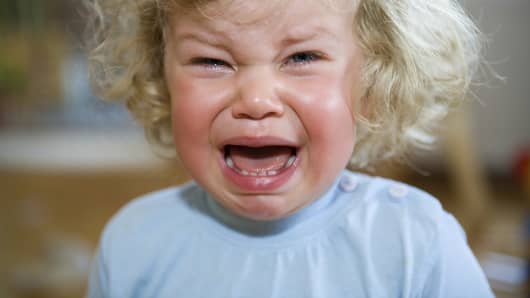On Tuesday night, President Trump called for bipartisan support for his child care and paid family leave proposals. The attention to this issue, largely driven by Ivanka Trump's influence, is commendable. But the costly plan for allowing greater tax write-offs for child care expenses is badly designed and misdirected – it would benefit the affluent while ignoring the realities of low- and middle-income families who need help the most – while the paid leave proposal is inadequate.
Too many children lack educational opportunity when their growth and learning is most rapid: between birth and kindergarten entry. Early learning opportunities – from bonding time with parents to high-quality child care and preschool – lay the foundation for healthy development, lifelong learning, and economic success. Unfortunately, there are huge inequalities in who has access to high-quality early learning experiences, and this further cements the stark economic inequalities across generations.
The United States is unique in its scant support for families with young children. Good child care is a basic need for working parents, but it is very expensive and hard to find. Families with children under five spend an average 11 percent of their incomes on child care, and those with incomes below $50,000 spend 22 percent. These are families' actual out-of-pocket expenses -- too many children spend their days in low-quality, unstable, and even detrimental situations in their early years because it is what families can afford.
The President's tax deduction proposal for child care expenses would be exceedingly generous to higher-income families, according to the Tax Policy Center, while leaving out many low and middle-income parents with less tax liability. These are families forced to rely on low-cost arrangements, as it's all they can afford. These are the families who need help the most – but they would receive little or no benefit. Taken alone, this proposal would only increase the inequalities of opportunity in early childhood.
And what about paid parental leave, of which little discussion and few details have emerged from the Trump administration? Just 13 percent of private sector workers currently have access to paid family leave, and only 1 in 20 lower wage workers – arguably those who need it most – have it, according to the Bureau of Labor Statistics.
The Family and Medical Leave Act provides for only unpaid leave at the birth of a child, with just 60 percent of workers even eligible, and far fewer able to afford to take unpaid time when also facing the added costs to families of a new baby. Some parents have to leave their jobs altogether, facing losses of income and others return to work very quickly after the birth of a child.


